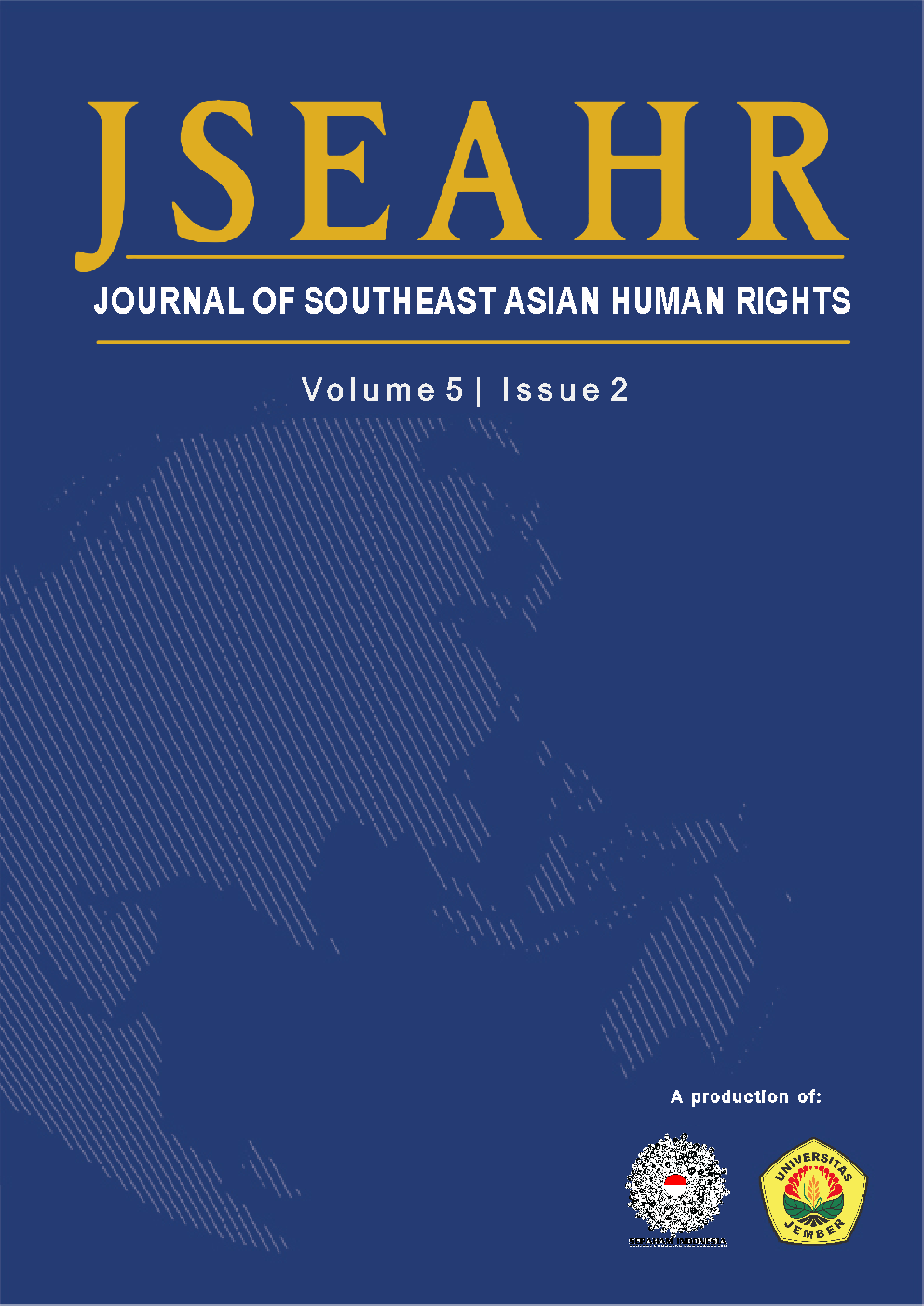Policy and Legislation Evaluation and Scrutiny by Parliament of Sri Lanka
The way forward
Abstract
Sri Lanka is a democratic socialist republic with a unicameral legislature, in which sovereignty is in the People which includes the powers of the government, fundamental rights, and franchise. The sovereignty of the people is exercised and enjoyed separately by the Executive, the Legislature, and the Judiciary as articulated by the Constitutional provisions. In this process, the timely and in-depth evaluation of policies and legislations are important, to ensure accountability by any stakeholder institution towards the People of the country. In Parliament's perspective, this task is covered by the oversight role which is one of the main roles of Parliament.
This paper aims at discussing the mechanisms that the Parliament of Sri Lanka has employed, in exercising those powers of the People and the paper discusses the methodologies that the Parliament uses in policy evaluation as well as in ensuring legislative scrutiny, especially through the Parliamentary Committee System. The paper analyses the outcome of those mechanisms in upholding and protecting the rights of the citizen. The paper identifies the achievements as well as challenges and analyzes the use of new concepts and methodologies in improving the service rendered to the citizen by Parliament and suggests ways in which any such gaps could be filled. The study of the paper focuses on the 8th Parliament which covered the duration from the year 2015 to 2020 and the 9th Parliament, which is the present Parliament, with regard to the area of interest.
References
Cooray, Anton, “Three Models of Constitutional Litigation: Lessons from Sri Lanka” (1992) 21 Anglo-American Law Review 430–448.
Deveaux, Kevin & Charmaine Rodrigues, A Parliamentary Handbook: Parliament’s Role in implementing the Sustainable Development Goals, by Kevin Deveaux & Charmaine Rodrigues (UNDP, 2017).
Eval Agenda 2020, Global Evaluation Agenda 2016-2020: A global, multi- stakeholder consultative process, by Eval Agenda 2020 (EvalPartners, 2016).
EvalPartners, Report on the Third EvalPartners Global Forum., by EvalPartners (2017).
Goldman, I, Options for Utilizing Evaluation in Sri Lankan Parliament (Colombo: SDGAP, 2018).
Mendis, D Laksiri, Manual of Participatory Legislative Process (USAID, 2018).
Parliament Secretariat, Standing Orders of the Parliament of Democratic Socialist Republic of Sri Lanka (2018).
———, The Constitution of the Democratic Socialist Republic of Sri Lanka (Parliament of Sri Lanka, 2015).
Parliamentarians Evaluation Forum, Embracing Evaluation for Agenda 2030 Concept paper (Colombo, Sri Lanka, 2018).
Rodriguez, Charmaine, Inter-parliamentary Union, & United Nations Development Programme, Parliaments and the Sustainable Development Goals: a self- assessment toolkit (France: IPU & UNDP, 2016).
Sectoral Oversight committee on Legal Affairs (anti corruption) & Media, Recommendations Pertaining to the Expeditious and Efficient Administration of Criminal Justice, by Sectoral Oversight committee on Legal Affairs (anti corruption) & Media (Parliament of Sri Lanka, 2017).
Selected Committee on SDGs, Interim Report of the Select Committee of Parliament on the United Nations 2030 Agenda for Sustainable Development,
Policy and Legislation Evaluation and Scrutiny by Parliament of Sri Lanka: Case Study 175
by Selected Committee on SDGs, Parliamentary Series No 226 (Parliament Secretariat, 2017).
Trochim, William M K, “An Evaluation Culture”, (2006), online: Web Center for Social Research Methods.
Vrieze, Franklin De, Post-Legislative Scrutiny: Guide for Parliaments (London: Westminster Foundation for Democracy, 2017).
Welikala, Asanga, Parliamentary Committee Systems (Legal and Constitutional Unit Centre for Policy Alternatives, 2003).

This work is licensed under a Creative Commons Attribution-NonCommercial 4.0 International License.







